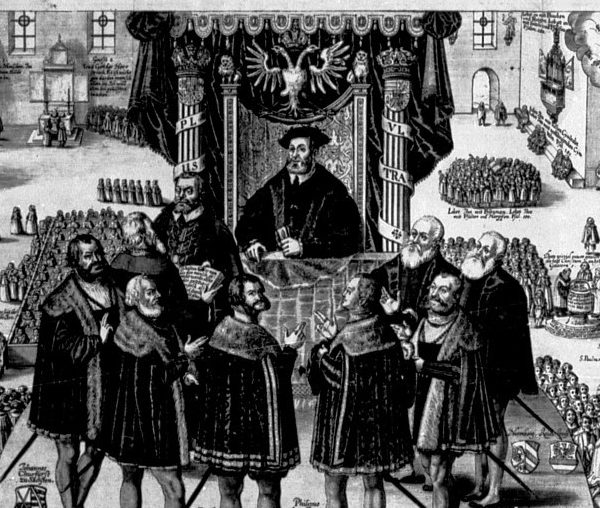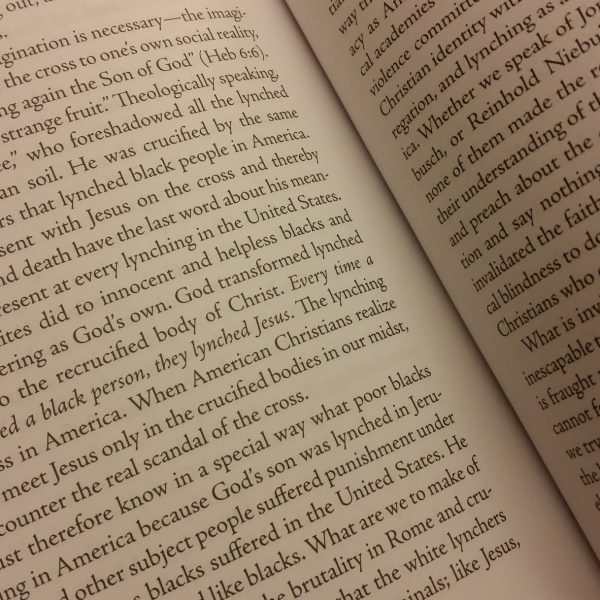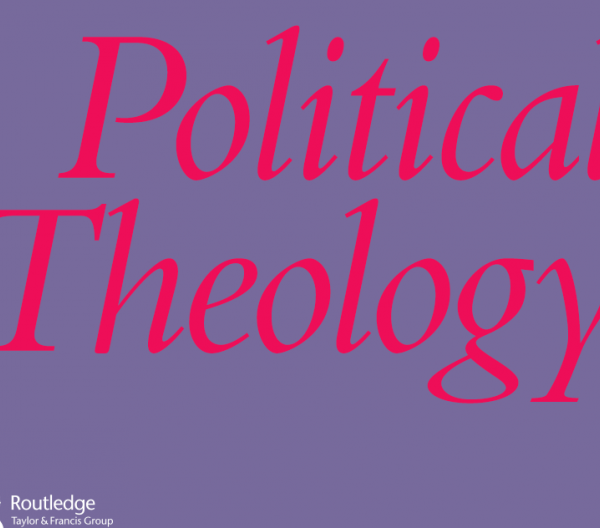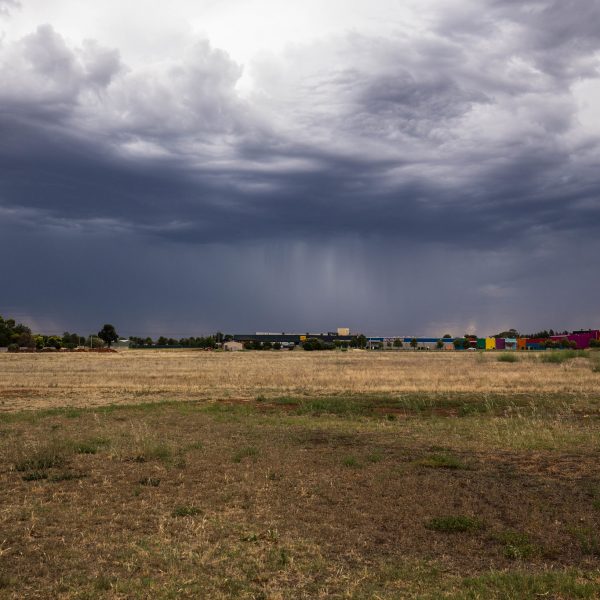
I cannot say that I hope for more discussions of political theology in 20 years. But I do hope for the endurance of conversation, indeed, for the preservation of the art and wisdom of conversation.
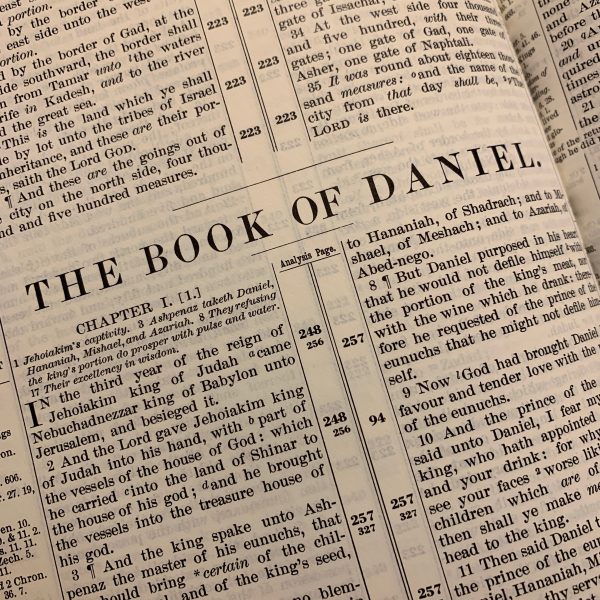
The narrow formulation of the concept of Political Theology as the tracing of Protestant theological categories in contemporary political thought presents some challenge for the historically oriented biblical scholar.

New issues from the twentieth year of our journal feature articles from editorial board member Bonnie Honig, a special issue on Pragmatism and Political Theology, book reviews and more.

The new issue of Political Theology includes a guest editorial from Joshua Ralston, essays by Christopher Trigg, Michelle Wolff, and Kyle Lambelet, and a roundtable on political theology and literature


